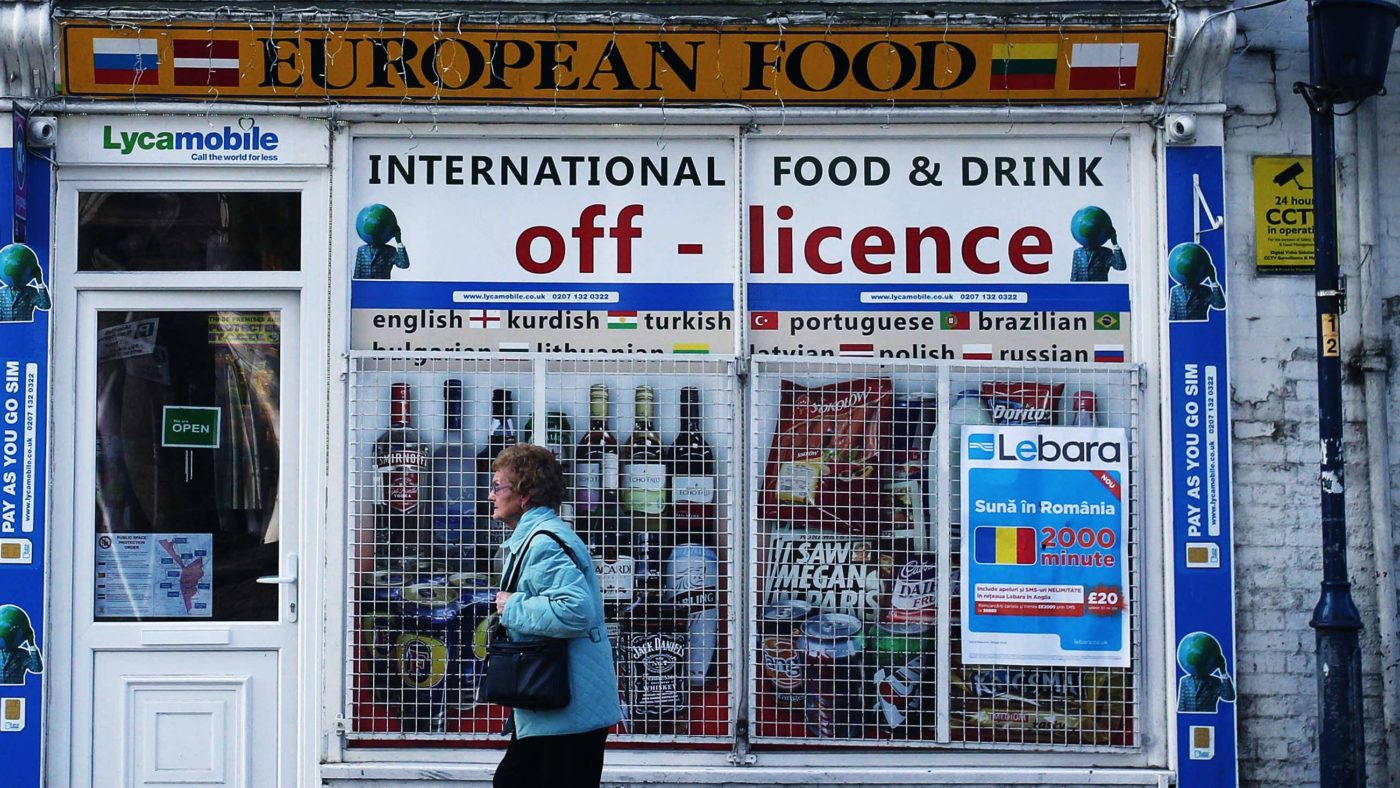People have different views on immigration. That’s not much of a scoop: one glimpse at our polarised media debate on the issue makes that very clear. But a reading that divides the country into two angry tribes, of “pros” and “antis”, is an oversimplification. It would be wrong, for example, to say that the 52 per cent who voted for Brexit all want to close the borders, just as it’s wrong to say that the 48 per cent who chose Remain want to do away with borders altogether.
Most of the public are “balancers”, seeing both pressures and gains from immigration – but they do worry that the government is not in control. People often have different views about different types of immigration, such as high-skilled migration, international students and workers who come to do important jobs such as social care and fruit-picking. And as well as some common themes and concerns there are differences from place to place, too: travel to Aberdeen, to Southampton and to Swansea and ask people what they think about immigration and you will get different responses from those of people in Middlesbrough, Ballymena or Redbridge. How do we know? Because we have done just that.
The National Conversation on Immigration is the biggest-ever public consultation on immigration. Over the last 10 months we have held citizens’ panels and met with local stakeholders in more than 40 towns and cities, big and small, across the length and breadth of the UK. By the time the project concludes later this year we’ll have held over 130 meetings in 60 different places, together with an open online survey and nationally representative opinion polling. The aim is to provide a comprehensive picture of what the public thinks on this key issue: both the benefits that immigration brings and the pressures it can create, as well as their views on the choices we should make as Britain reshapes its approach to immigration after we leave the EU.
The findings from the first 30 locations are released today in the National Conversation’s interim report, published alongside the first report of a Home Affairs Committee Immigration Inquiry that our findings have fed into.
This is important for policy-makers. Localised perceptions shape views about immigration at national level. And if local pressures – such as those on housing or school places – are not seen to be managed, no amount of national-level arguments about migrants’ contribution to GDP or tax revenues are going to change people’s minds. Talking to people about the place where they live, listening to their concerns and, better still, offering solutions to the issues they face will be much more effective in easing anxieties.
Engaging concerns does not, however, mean providing a safe space for people to express racist or prejudiced views. On the very rare occasions where racism has raised its ugly head in our panels we’ve been quick to make that clear. But we have taken care not to shut down conversations just because someone is expressing a strongly-held view. In those cases, others have often disagreed with them and that has led to some lively – but civil – debates, offering an outlet for the airing of anxieties that could otherwise curdle into prejudice. That’s quite different from how it usually plays out on Facebook and Twitter.
This is an important time to be holding these conversations. The referendum decision means our approach to immigration is going to change. Business is being consulted on what it thinks those changes should be, through the Migration Advisory Committee. Theirs can’t be the only opinion that gets an airing: voters should be asked too. We know from the referendum and from our conversations across the country that public trust, on immigration and in governments’ ability to handle it effectively and fairly, is low. Engaging people in the choices we make for the future is one step towards rebuilding confidence in the system.
Those who are worried what we might find may be buoyed by today’s report. Yes, many people are concerned about immigration – we all knew that – but there is nuance too. Most people recognise that migrants bring skills and money into our economy. They are not anti-migrant, but seek reassurance that people coming to Britain will make a contribution and integrate into their local community. And their concerns vary from place to place – it is not all about jobs and houses. In fact pressure on jobs and wages was rarely raised at all, except in Chesterfield, home of the Sports Direct distribution centre. Many more people were worried about neighbourhood decline brought about by private landlords exploiting migrant tenants in shoddy housing, for example.
Some will still say that this is handing policy-making to the mob. But policy-making remains firmly in the hands of elected politicians – who worry about public opinion. That idea of what the public thinks can come from our polarised media debate – in which Nigel Farage locks horns each day with his liberal combatants to see who can shout the loudest – or it can come from quiet, civil conversations among ordinary citizens in Shrewsbury or Bolton, Paisley or Merthyr Tydfil. Choose which you’d prefer.


